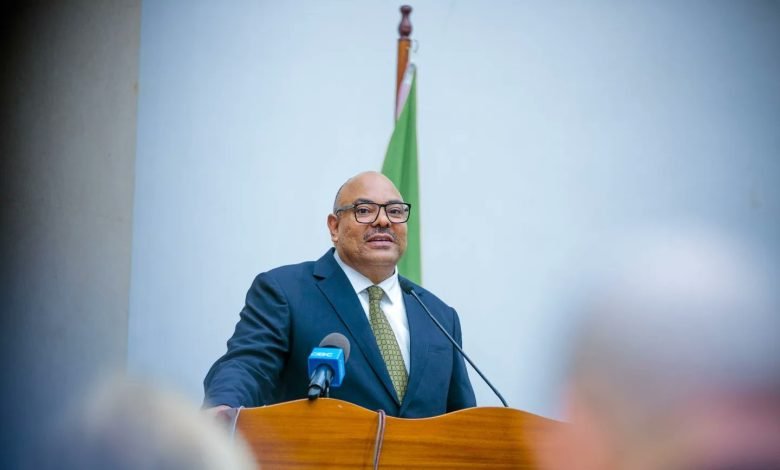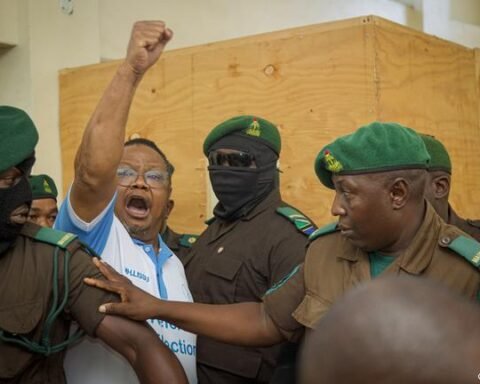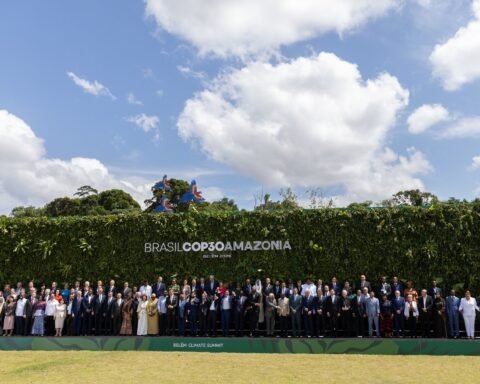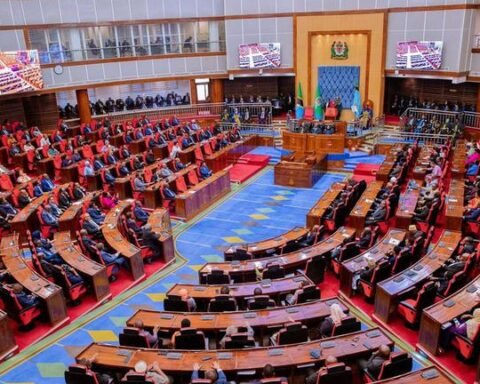The Southern African Development Community (SADC) has lauded Tanzania and Mauritius for their leading role in piloting the SADC Anti-Corruption Effort Index, encouraging other member nations to emulate their model in promoting integrity, transparency, and good governance.
The pilot phase of the index was introduced to help member states assess and enhance their institutional responses to corruption. The success of Tanzania and Mauritius, according to a recent report presented at a regional forum, marks a significant milestone in the bloc’s mission to strengthen public accountability and fight systemic corruption.
Tanzania has received regional recognition for its legal and institutional reforms. Measures such as the establishment of a special anti-corruption court and increased budgetary allocations to oversight agencies have contributed to improved rankings on the Corruption Perceptions Index (CPI) by Transparency International.
Meanwhile, Mauritius launched the Financial Crimes Commission (FCC) to centralize investigations into corruption, money laundering, and financial fraud. This agency consolidates the functions of previous bodies, reflecting the country’s political will to address economic crimes decisively.
With positive results from the pilot, SADC officials have called on all member states to adopt the index as part of their national anti-corruption strategies. The tool is seen as a gateway to meet obligations under the SADC Protocol Against Corruption (2001), which seeks to harmonize anti-graft legislation across the region.
Also Read; Kwala Dry Port Set to Revolutionize East African Trade
The index tracks progress in areas such as:
A major highlight of the pilot report was the political commitment demonstrated by both governments—a key driver in institutional reform. Experts agree that genuine leadership and sustained will are indispensable in achieving long-term change.
While Tanzania and Mauritius are leading the way, other countries in the region—including Zimbabwe, Lesotho, and Madagascar—still face challenges in enforcing anti-corruption measures. Issues range from weak institutional frameworks and lack of funding to political interference and absence of strong accountability mechanisms.
Illicit financial flows, tax evasion, and ineffective asset recovery also remain major obstacles. Analysts believe coordinated regional efforts are necessary to tackle these transboundary challenges.
As SADC prepares for its 44th Ordinary Summit scheduled in Angola later this year, the anti-corruption agenda is expected to take center stage. The summit is anticipated to build consensus on scaling the index and institutionalizing regional standards of integrity.
The Secretariat’s message is clear: with models like Mauritius and Tanzania, the pathway to a more accountable southern Africa is not just aspirational—it is achievable.







